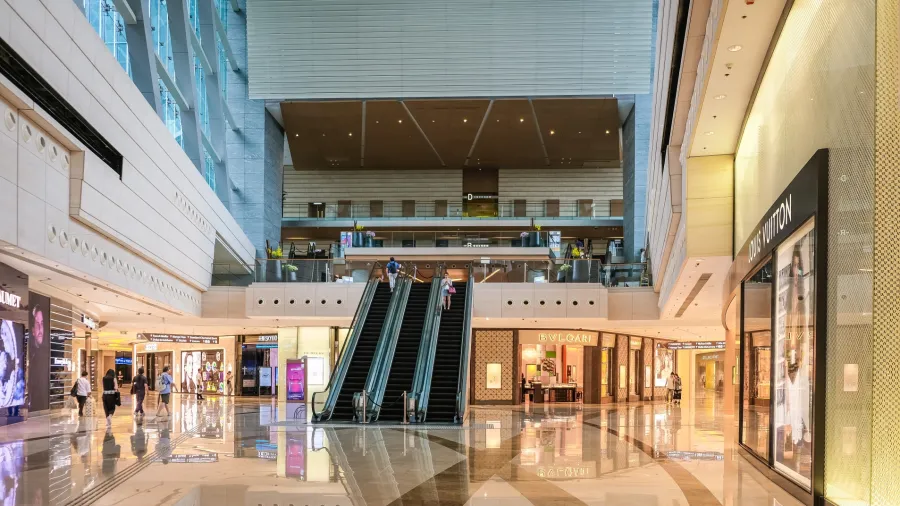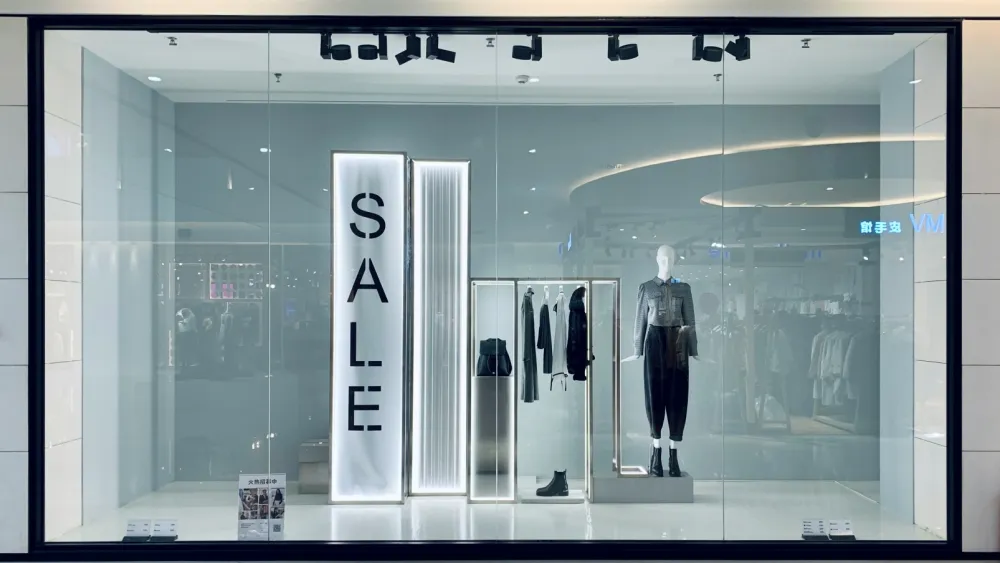
Fashion firms in China spur growth with direct-to-consumer model
PwC reveals how the DTC model leverages digital technology to deliver more personalised products, services, and experiences to new-age consumers.
A clothing brand in China created a fashionable lifestyle by combining coffee, customisation, and clothing retail in one “experience store,” leading it to generate double-digit sales growth from online sales within just a month. Management consulting firm PwC cited this as an example of the direct-to-consumer (DTC) model that allows brands to boost online performance through offline stores.
Jerry Hua, partner for consumer markets at PwC Strategy & China, noted that the brand’s “experience store” was featured in over 300 posts, liked on social platforms more than 10,000 times, and even received inquiries from shoppers outside Beijing.
“Sales data showed a double-digit growth of the online store in the first month, and it continued to grow in the following months,” Hua told Retail Asia.
“The store’s success demonstrates how an offline store is valuable in the surrounding area, as well as how offline stores boost online exposure and e-commerce conversion as the young generation prefers online shopping,” he added.
A designer toy brand, meanwhile, adopted the DTC model by re-designing its membership system to drive repurchases. Hua said the brand started with a WeChat official account, mini programme, storefront, and social media to pursue exposure and establish online communities. It later set up a community operation department in 2021.
“With more than 800 online groups, it gathered more than 100,000 like-minded designer toy lovers, forming a foundation for customer acquisition and retention. Therefore, the brand’s number of members has increased by tens of millions since 2020,” Hua said, noting the brand only had about 300,000 members in 2017.
“By 2021, members contributed 92% of its total sales, with a repurchase rate of 56%,” he said.
The DTC model
The model, which leverages digital technology, benefited from the click-and-mortar retail model in which offline stores served as warehouses and delivery centres whilst online stores are for taking orders.
The DTC model allows brands to develop a deeper relationship with consumers, through which it can gather insights to create more personalised products, services, and experiences, amongst other offers. This, in turn, increases consumer acquisition, conversion, retention, and advocacy yields for brands efficiently.
The DTC model also fits well into China’s vast market with complex distribution systems, where fashion players were traditionally left to rely on regional distributors to reach consumers.
“Whilst [the traditional model] reduces inventory and investment needed for expanding sales network, it exposes drawbacks such as lagging response to market competition and changes in consumption, long process to launch new products, brand damage by hunting short-term yield, inflated terminal prices and imbalance in consumer value perception,” Hua explained to Retail Asia.
With user-generated content, such as social media posts about experience-driven stores, brands located in first- or second-tier cities can attract shoppers from other cities that they would not have been able to cover otherwise.
This gives brands more opportunities to improve user conversion on e-commerce platforms, he added. Moreover, brands can create interactions, and activities based on users’ demands, paving the way for attracting new customers or purchases through users’ recommendations.
“Bricks-and-mortar stores are no longer solely for sales, but also double up as key touchpoints that offer interaction, experience, value-added service, digital perception and application to consumers,” Hua said.
Fashion brand experience
In a study, PwC analysed the performance of 19 major DTC fashion brands in China and North America, which showed an increasing number of brands from the former, achieving high net profit whilst also maintaining high revenue growth.
The study showed that brands that adopted the DTC model saw double-digit growth both online and offline even whilst operations were hit by the pandemic-related crisis.
PwC also observed that channels in the DTC models did not operate independently, instead offline stores used digital and user-centric design to elevate the customer experience. Chinese DTC players also enjoyed high consumer retention and saw customers who were more willing to repurchase.
PwC identified two distinct characteristics of Chinese fashion players in leveraging the DTC model–product strategy and philosophy of the omnichannel strategy.
In the former, Chinese brands can dynamically adjust or adapt the design of new products according to consumer demands; whilst in the latter, Chinese players cautiously make different offers to offline and online shoppers and provide differentiated interactions with consumers.
This is as opposed to global players that deem the omnichannel strategy as simply offering “order online, pick up in-store” experiences.
“The online shoppers are quite different consumer segments from the frequent offline buyers in China’s marketplace. The active online shoppers are primarily millennials and Gen-Zs who don’t get used to visiting offline stores at all and prefer home delivery,” Hua pointed out.
“Those online shoppers are more well-informed and expect differentiated products with unique brand propositions,” he concluded.



















 Advertise
Advertise





